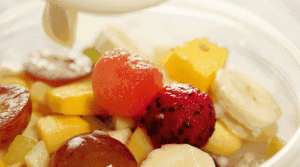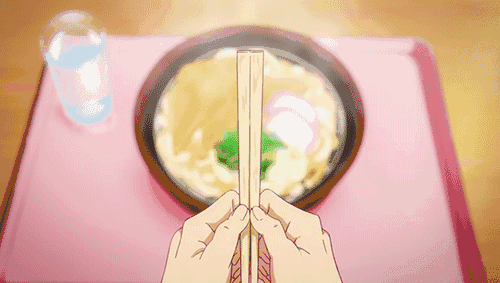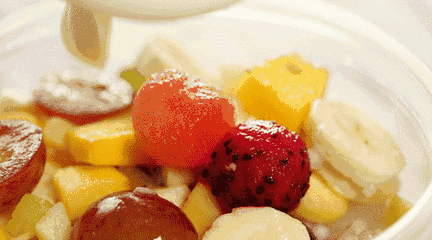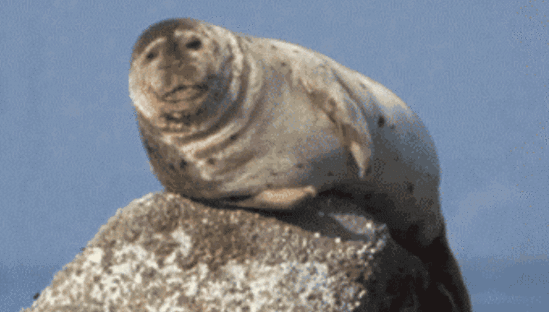
After eating, should I sit, lie down or take a walk?
Sitting after eating, It is said to be easy to get fat; exercising after eating, it is easy to indigestion, and even cause gastroptosis …

What should we do after eating?
Avoid exercise right away
Exercise right after eating a large meal, some people feel they are just to digest food. In fact, if you Strenuous exercise just after eating, a part of the blood will be concentrated in the exercise system, delaying the secretion of digestive juices, and easily induce functional dyspepsia.
Exercising immediately after a meal is especially unfavorable for people with Hypertension, diabetes, gastroptosis, and those who have had gastrectomy.
Avoid sleeping or lying down right away.
Lie down when you are full, not only easy to induce gastroesophageal reflux and other gastrointestinal diseases, but also easy to gain weight, and it is not conducive to blood sugar control. It is not advisable to stay in bed immediately after eating during the day, and it’s also bad to eat 2 to 3 hours before going to bed at night.
Should sit down for a while
In order to ensure the blood supply to important organs such as the heart and brain, it is best not to suddenly get up after a meal, so as not to cause insufficient blood supply to heart and cerebral vessels. It is safer to sit in the same place for ten minutes after eating, and then get up and walk around.
Walk slowly about 10 minutes after eating
If you want to take a walk, it is recommended to rest for at least 10 minutes after a meal. If you overeat, you need to extend the rest time.
You should walk slowly after a meal, and the walking speed should be controlled at about 30 steps per minute.
In addition, eating fruits, drinking strong tea, smoking, driving and other behaviors, it is best to do it 30 minutes after a meal.
Half an hour after a meal, the Golden health time
If you keep health after meals, half an hour after meals is the golden time for maintenance.

Half an hour after breakfast
Eating fruit, gargle and massage
Eat fruits that are rich in vitamins, such as kiwis and cherries.
Then rinse your mouth, do teeth tapping and tongue-twisting exercises to strengthen your teeth and clean your gums and enhance your oral chewing ability.
The elderly can also massage the knee joints with their hands repeatedly to help smooth the stomach meridian. Use ten fingers instead of wooden combs, comb your hair from front to back, bottom to top, massage the acupoints on the head such as Baihui, Houding, etc., which has a refreshing effect for brain. Rubbing and massaging the fingers of the two hands can also play a refreshing effect.
Half an hour after lunch
Drink yogurt, have a nap, sunbathe
Don’t eat too much lunch, otherwise it will affect the normal contraction and relaxation of the heart.
Drink a cup of yogurt after the meal.
You can take a nap half an hour after a meal, or take a half-hour afternoon nap.
If the sun is not too strong, the elderly can have a sunbath for a short time to help the body synthesize vitamin D, promote calcium absorption, and prevent osteoporosis.
Half an hour after dinner
Walking,foot bath and massage
A walk for about 30 minutes after dinner can enhance gastrointestinal motility, promote blood circulation, and reduce fat accumulation.
Soaking the feet can maintain the kidney and liver channels. Especially the Yongquan point on the sole of the foot is the first point of the kidney meridian. After being stimulated by hot water, it can relieve fatigue and replenish the energy of kidney .
After soaking your feet, you can massage and rub your feet with the palms of your hands. You can also ask your family member for help. You can beat your back from top to bottom to improve endocrine, calm the mind and promote sleep.
4 kinds of symptoms to be alert after a meal
If the following 4 kinds of problems occur after meals, they may be caused by diseases, so you need to be careful.

Flatulence
People with flatulence after eating should eat less difficult-to-digest foods, such as beans, firm pasta, etc., and also get rid of the habit of devouring them. If the symptoms are severe, you should consider whether you have chronic gastritis, gastroptosis and other diseases.
diarrhea
Diarrhea immediately after a meal, a slight cold or improper eating will occur, sometimes there is a desire to defecate but no stool when going to the toilet, and the person is not weight loss, it may be chronic allergic enteritis.
If you eat spicy, greasy, raw and cold food, or drink alcohol, you will have diarrhea. Some people will also have abdominal pain. After diarrhea, the abdominal pain will be reduced, which may be due to intestinal dysfunction.
When this happens, you need to have a lighter diet, avoid spicy, fatty, raw and cold foods, and keep your abdomen warm.
Vomiting
Vomiting after meals often occurs, it is recommended to do gastroscopy. In addition to changing bad eating habits, you can also take some gastrointestinal motility drugs or gastric mucosal protective agents.
People who take some drugs all year round, such as aspirin, indomethacin, Lanoxin, erythromycin, etc., may also experience gastrointestinal reactions and vomiting.
Hiccup
Some people often hiccup, not only after eating, but sometimes before meals. There are many causes of hiccups, most of which are caused by indigestion. Diseases such as chronic gastritis and reflux esophagitis can also cause frequent hiccups.
In addition, if the hiccups continue suddenly and are accompanied by symptoms such as weight loss and loss of appetite, attention should be paid.
Comments